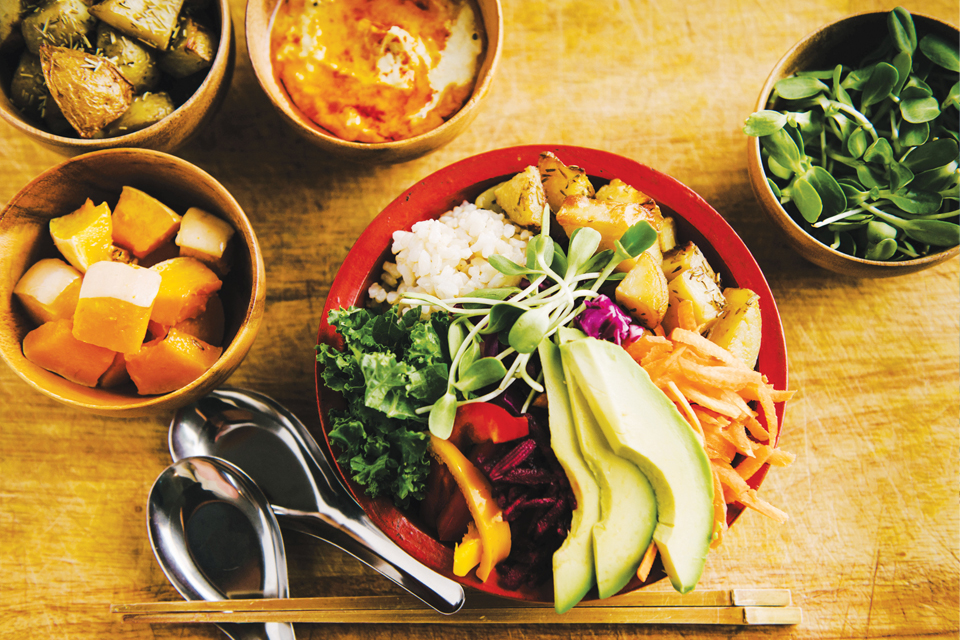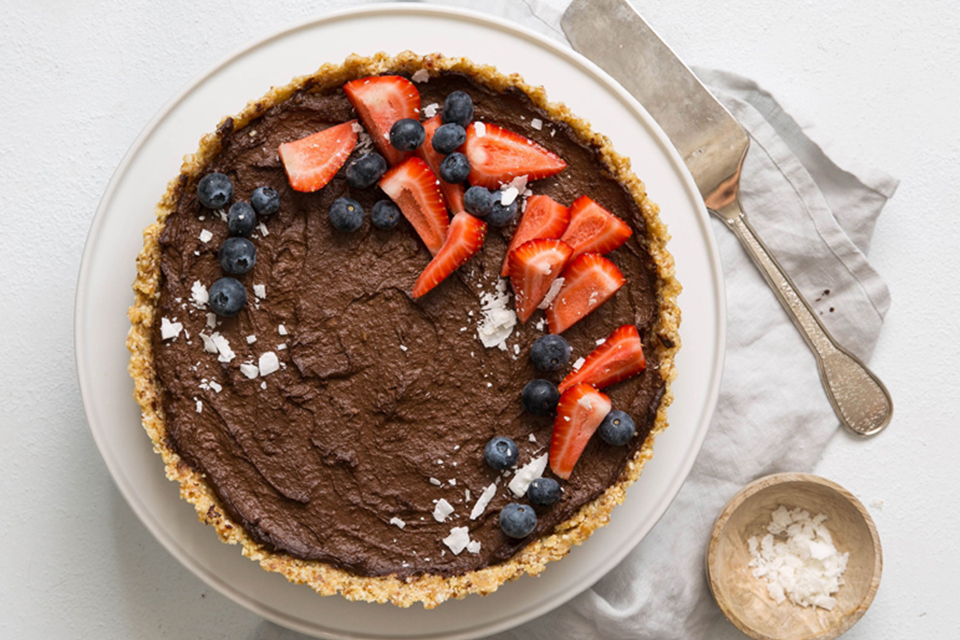We think that to study Buddhism is to take the food out of the refrigerator. Whenever you want it, it is already there. Instead, Zen students should be interested in how to produce food from the field, from the garden, should put the emphasis on the ground. If you look at the empty garden you won’t see anything, but if you take care of the seed it will come up. The joy of Buddhism is the joy of taking care of the garden.
Shunryu Suzuki-Roshi, Crooked Cucumber by David Chadwick
“No-one has ever written about the preparation and serving of meals as an expression of the buddhadharma ( the Buddhist teachings), nor have any teachers taught concerning these matters … why must it be so?” wrote one of Zen Buddhism’s greatest masters, Dōgen Zenji, way back in 1237. Dōgen — perhaps the most significant of all Japanese philosophers and the founder of the Japanese Sōtō Zen lineage — was a prolific and poetic writer. One of his most renowned works is the short but profound Instructions For The Cook (Tenzo Kyōkun), which opens with the above contemplation. On first reading, this text appears to deal with the mundane running of a monastery kitchen but its genius lies within the multiple layers of meaning that only reveal themselves to those who roll up their sleeves and do the work. And so began an 800-year tradition of cooking as spiritual practice in Sōtō Zen Buddhism.
Buddhism’s central concern, simply put, is how to be happy. Significantly, the Buddha did not believe that freedom from suffering required transcending our humanness and abandoning our day-to-day responsibilities. Rather, he taught how to be happy in the midst of human complexity and our infinite to-do lists. It makes sense then, that Dōgen saw working in the kitchen as the ideal training environment. We all need to eat, so why not train there?
Different flavours of life
In 2010, I left a corporate career and began working as a novice chef in a cafe that was situated within a Buddhist centre in central London. My main objective initially was to learn enough recipes, techniques and workflows so that my meals were commended and my co-workers considered me a proficient and dependable worker. Honestly? My objective was to be liked and accepted. This is how we all train to fit into a society that ranks people according to their outward, quantifiable performance, and on a relative level that may seem fair enough.
For a cook, this means your approval rating depends on your most recent meal … what pressure that is to have to convince people over and over that you are a decent and lovable person!
Quickly I realised I was approaching my new cooking job with the same mindset that I had been using with my previous employer, which had left me feeling somewhat depressed and living on a very narrow path. I knew I needed a different approach, but like many of us brought up in a capitalist and secular society I didn’t know any alternatives. Being around people who were studying and practising Buddhism (and other spiritual teachings) I finally witnessed a new paradigm, and encouragingly, the chefs seemed at ease, joyful even.
The first thing that struck me about these Buddhist chefs was that they didn’t start the day with a recipe in mind. They began by investigating the available fresh produce, then they talked about how many guests were booked for lunch, and then they dreamed up a meal plan, which usually changed as they went along. If the spinach was looking a bit sad, then it went into a soup rather than a salad. If the apricots were too firm they were left in the sun for another week and an alternative dessert was created.
This might not sound like a point worth making, but it was a game changer for me. The chefs were actually in tune with reality. Incredibly, they didn’t rage at the avocados for not being ripe enough, or spend eons trying to make a tomato salad taste exactly the same this week as last week. Apples were allowed to be apples, and rice was allowed to taste like … earthy, sweet, sunshine. Soon afterwards, it occurred to me that I used to spend an extraordinary amount of energy and emotion manipulating experiences to be to my taste. Had I not noticed that life is full of different flavours?
Becoming familiar with the bitter and the sour as well as the sweet not just gave me a richer life, it aligned me with the truth of how things are.
Cooking as a spiritual practice
Cooking is an ideal vehicle for spiritual practice because, paradoxically, it is a repetitive yet unique activity and one that demands we show up, day after day. Cooking seems to give us just enough problems — we are challenged, frustrated and overwhelmed one day and uninspired, bored and hungry the next. Whatever our mood, we still have to eat and, significantly, no one else is going to make lunch for us.
Cooking can bring out our very best qualities such as generosity and love, but it often also brings out what’s known as “chef’s temperament” — anger, frustration and bossiness. Then, before we know it, we are judging ourselves for being angry, and snapping at the person who dares to ask if there is a gluten-free option. Another opportunity for practise? Hell yes!
Zen master Suzuki Roshi (1904-1971) said, “When you are cooking you are not just working on food. You are working on yourself. You are working on other people.” I have found no better way to sum up my years spent in the kitchen.
How do we do this work? Simply through paying attention. When people talk about mindful cooking, usually the focus is on how to move slowly and meticulously when chopping onions and stirring soup. Mindfulness of physical sensations — including sights, sounds and tastes — are a great training ground, but the most meaningful and valuable transformations occur when we are intimately aware of what’s happening inside — our attitudes and emotions. With understanding comes insight leading to greater wisdom and compassion for ourselves and others.
Recipe for joy
Here is an unshakable truth: The best banana bread in the world will not make you happy. I learned this gradually, unwilling to let go of the idea that the universe would “give” me causes for happiness regardless of how I behaved. The truth is, we are in relationship with the whole cosmos, and what we receive relates directly to what we are able to give from the heart.
The recipe for happiness, then, depends on our willingness to cultivate and share specific wholesome qualities such as humour, patience, acceptance, generosity, gratitude, love and forgiveness. If this is starting to sound like hard work, just come back to the task at hand and remember that all we are doing here is preparing lunch. This is the heart of the practice — we are simply offering food, which is a profound act of generosity.
In his book Freedom In Exile, the Dalai Lama wrote, “I sometimes think that the act of bringing food is one of the basic roots of all relationships,” and I believe this is more than enough for starters.
Words JENNY LOMAS
Want to learn more about being nourished? Visit our nourished archive page.




